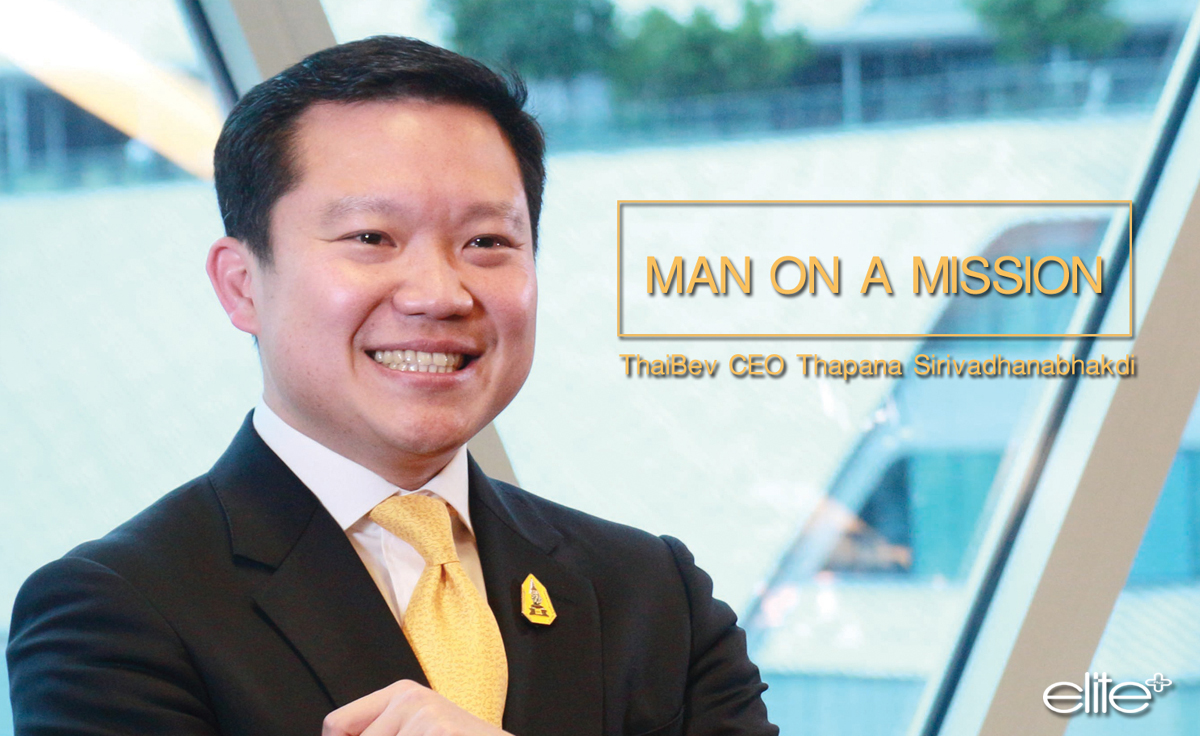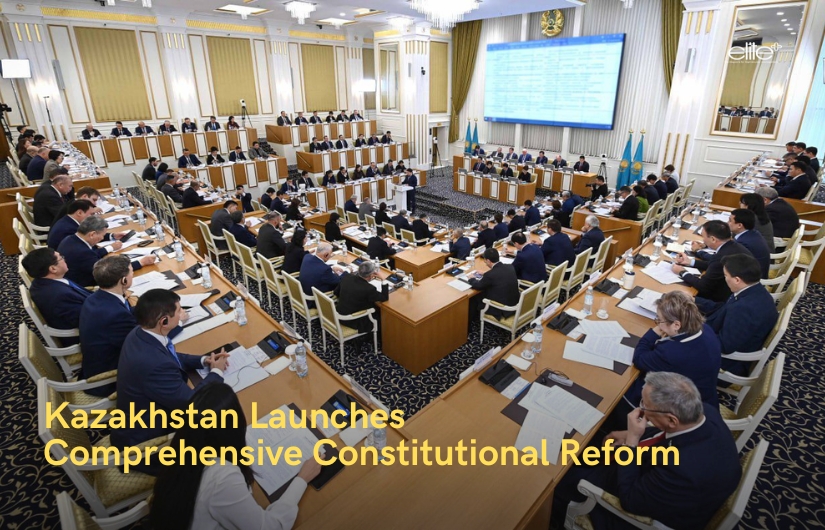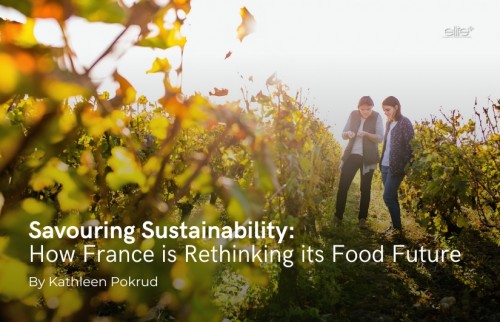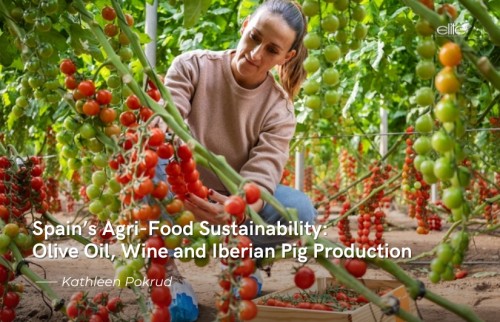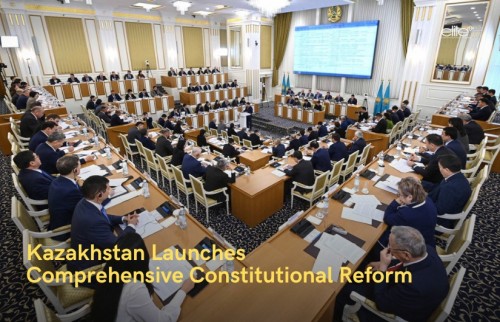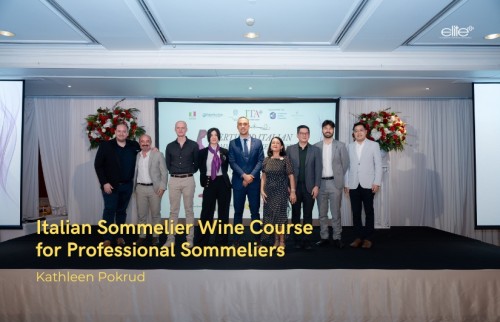Thapana Sirivadhanabhakdi is a man on a mission. He is a young executive with a sharp focus and determination to make a difference. Humble, smart, caring and professional – these traits have enablted him to succeed in business and share his know-how with local communities, helping them develop a long-term platform for sustainable growth.
The first son of Charoen Sirivadhanabhakdi wears many hats and is one of the busiest businessmen in the country. Apart from leading Thai Beverage, better known as ThaiBev, Thailand’s largest and one of Southeast Asia’s largest beverage companies, the 42-year-old president and CEO is also one of the leaders of the Pracharath Policy, or people-state partnership model, a government policy initiated in 2016 to reduce inequality, enhance competitive capacity and develop human resources throughout Thailand.
Last year, Mr Thapana was invited by the government to be leader of the private sector, and since then he has worked closely with the public sector led by General Anupong Paochinda, Ministry of Interior; as well as the academic, civil society and people's sectors. The project aims to boost the rural economy through area-based social enterprise initiatives throughout Thailand. Combining private sector expertise, community know-how and public funding has spawned 76 social enterprises in 76 provinces, plus one central enterprise.
Why does the policy need collaboration among five sectors? According to Mr Thapana, social enterprise can play a key role in restructuring local economies and significantly contribute to economic growth and employment. However, this requires collaboration among all sectors.
Rural families around the nation still face economic hardship. The number of Thais working in the agriculture sector is approximately 25 million. Each farming household earns an average income of 50,000 baht per year, well below the average living wage of 100,000 baht per household per year. This is a national problem that must be solved collectively through the five sectors. The public sector implements policies to create infrastructure and provide support via funding from financial and lending institutions. The private sector, led by Mr Thapana, helps teach management strategies, create marketing networks, provide business planning and receive funding through banks and the Big Brother Project (Pi Chuay Nong Project). The academic sector provides know-how and develops manufacturing technology and conducts research on agriculture and processing. Civil society helps develop stronger communities and networks between them. And individuals carry out the work, learn, understand and become producers, service providers, business operators and owners of products.
As the policy celebrated its first year of achievement and progress, Elite+ spoke to Mr Thapana at the Sangsom Building about his role in the Pracharath Policy, as well as the aims and achievements of his various social and community development projects.
- What is the Pracharath Policy and how did it start?
It is a government policy initiated by Prime Minister Prayut Chan-o-cha, who wishes to see the public, private and people's sectors work together to build a stable, prosperous and sustainable country. The prime minister mentioned Muhammad Yunus, a Bangladeshi social entrepreneur who was awarded the Nobel Peace Prize and helped in social business, innovation and microfinance in Bangladesh and the UK. Our prime minister would like social enterprises to be successful in Thailand and for every sector – public, private, academic, civil society and individuals – to collaborate. He would like to see communities grow stronger and social enterprise networks extend beyond community boundaries. Social enterprises and social entrepreneurs can help shift the region’s economy towards one that promotes sustainability and broadly shared benefits.
The cabinet founded 12 joint steering committees among the public, private and community sectors to implement the Pracharath Policy. The 12 working groups focus on different areas of development, from innovation and education to spending and trade – it’s a long-term policy to help ensure sustainable development and economic growth over the next 10 to 20 years.
Our development model consists of one target, three categories, five processes, 76 operations and one principle. The one target is to create increasing income for the community and create happy inhabitants. The three categories we focus on are agriculture, processors (SME/One Tambon One Product) and community-led tourism. The five processes are related to accessing factors of production, creating know-how, marketing, communication and creating awareness of sustainability, and management. We established Pracharath Rak Samakki (Thailand) Co, Ltd, and 76 social enterprises – Pracharath Rak Samakki (Province) Co, Ltd – in 76 provinces.
Our one principle is the sufficiency economy philosophy, the embodiment of His Majesty King Bhumibol Adulyadej's work ethic. The words Pracharath (civil state) and Rak Samakki (love unity) are also in the lyrics of the Thai national anthem. King Rama IX would love to see Thai people love one another and unite for the benefit of society and the economy.
- How does Pracharath Rak Samakki work?
We have 76+1 companies – 76 Pracharath Rak Samakki (Province) companies and one Pracharath Rak Samakki (Thailand). While most public and private organizations use a top-down management model, we use a bottom-up strategic approach. The enterprises run on business lines with their own boards, managing director and advisers. At an initial stage, 76% of Pracharath Rak Samakkee (Thailand) shares are held by respective provincial administrations and the other 24% by large-scale private corporations who participated in this project to share know-how and experience in areas such as branding, marketing, networking, logistics and distribution. These enterprises operate as a legal business entity to develop rural businesses and communities. All of the five sectors – public, private, academic, civil society and individuals – work together, solve problems and help build the future of Thailand.
Asking local people to build a stronger community is no easy task. But if we understand them, listen to their problems and have passion for development, anything is possible. The private sector sees it a great opportunity to be able to meet local people and help them develop local products and their community. Every sector has its own strengths and limitations. In order to help the nation develop, it really is all about collaboration and putting our strengths together.
We had an opportunity to meet Dr Peter Senge and he said that this project is one of a kind and he hasn’t seen this kind of development model elsewhere. This is a social innovation to solve economic problems in the long run. The development model that the government initiated can set a new standard and be a prototype of economic development for East Asia and perhaps the world.
- Did you found 76 enterprises at the same time? Or where did you focus first?
We started the first phase with five provinces from five regions – Buriram, Chiang Mai, Phetchaburi, Phuket and Udon Thani – which are so different and unique. Chiang Mai has a rich legacy of Lanna culture, wisdom and knowledge. Community-led tourism is also significant, as it has Ban Mae Kampong village. Udon Thani is one of the most important provinces in the northeaster and is connected to Laos. People in Buriram have a relatively low income so we would like to focus on communities and understand them better in order to create new activities. Phetchaburi also has a lot of things to offer. And Phuket is a diverse place with a lot of tourists. These five provinces have distinctive characters, so we treat them differently depending on their resources, people and needs. The founding of the 76 companies was completed in the fourth phase at the end of 2016.
- What are some success stories?
In the past year, more than 1,200 groups around the country have become connected and we have many successful projects. For agriculture, the people of Phuket organized the Phuket Lobster Festival 2016 to promote Phuket lobster among visitors and the global market. They also created lobster crackers to generate income for the community.
Phuket people are also proud of their pineapples, and we helped them create a memorable marketing story to add value to the pineapples. When we first visited the community, we had to learn about problems they faced and help them solve those problems. We found that farmers grew pineapples in many areas but didn’t really communicate with one another, so they had to face supply issues and price falls as market supply exceeded demand. Therefore we connected the participating farmers together and gave advice on supply and demand management, capital controls, distribution, etc.
We also helped them create a good marketing story. In the past, the cost of Phuket pineapple was very low, around 50-60 baht, and sometimes farmers had to sell three for 100 baht. We brainstormed with them to create an effective marketing gimmick to sell a pineapple for 1,543 baht. The farmers said they wanted Phuket pineapples to be No 1 in the country, so they kept No 1 in their price. Phuket covers an area of 543 square kilometres, and that’s how the numbers 5, 4 and 3 came into the the new price. These pineapples must have a premium grade to sell at this price and people bought them to worship the Chinese god at the popular Jui Tui Shrine at Chinese New Year. By adding value to locally produced products, the local people grow very proud of their products and themselves.
In Chiang Mai, longan farmers faced fluctuating prices and a problem with middlemen, so they were helped to find new distribution channels to sell longan directly to buyers. The farmers gathered to build a strong community and we gave them suggestions on how to establish social enterprises. We also acted as the bridge between the farmer and the marketplace by introducing them to Central’s Tops Supermarket, which is also a part of the Pracharath Policy and agreed to buy 100 tonnes of longan. This increased earnings from 18 baht to 38 baht per kilogramme, so they get 20 baht more per kilogramme. There are around 140 farmers and they could get increased earnings of approximately 15,000 baht for each crop. Farmers and buyers continue communicating and brainstorming on how to increase value of the crop. For instance, buyers want to buy AA-size longan or organic longan, and farmers need to develop their techniques to meet the needs of the buyers. This is not just about buying and selling, but knowledge and development in the community.
Nan Province also grows a lot of organic pumpkins and Phetchaburi has a lot of baked Thai pumpkin custard, so we connected the managing directors of these two enterprises so they could communicate and cooperate in adding greater value to the product.
- What does each company do with its profit?
Since each company is a form of a social enterprise, the benefits the farmers receive are not only for themselves; they have to spare some money for further investment and expansion. For example, the farmers earned 20 baht more per kilogramme for their longan, so they must give the company 50 satang per kilogramme to help other communities. That means, in each crop, the company has around 50,000 baht to expand the business by helping other communities.
- Any success stories in SME/OTOP and community-led tourism?
Take pineapples. When we first talked to the farmers, they needed financial support to produce canned pineapples. We told them that just making canned pineapple didn’t mean you could make a profit. So we helped them think of how to add more value to the pineapples by encouraging them to do fresh pineapple juice. We also connected farmers with retailers, asking people who sell drinks or juices to sell more pineapple juice so they can support one another in their own community.
In southern Thailand, batik fabrics and woven bags are also famous. To add value to them, we provided the local people with creative product design ideas and they combined the two by making unique handmade woven bags decorated with batik fabrics or beautiful embroidered patterns. The enterprise in Phuket sends the fabric to a prison, where female prisoners can learn new skills and earn some money by creating embroidered patterns, which helps them support themselves after their release.
Community-led tourism is a significant driver of economic and social development. The more we can encourage tourists to visit the community, the more we can generate income and opportunities. When people travel, they need to have three meals a day; they need a place to sleep; they need to choose quality OTOP products at good prices. But if you don’t have a story behind the products, they will be difficult to sell. So we encourage local communities to produce creative products that tell a story. If you go to Japan, you see that each souvenir from each village is unique. You buy one at this village and you buy another one at your next stop. Each village is unique, so is its symbol and souvenir. If we can do this I’m sure it will stimulate a community’s economy.
- How can you be certain the policy will be sustainable?
We officially started in January 2016. So it’s only been a little over a year. I have to say that everything we have done was according to local resources and individuals’ needs. We haven’t manipulated the local people; they chose what they wanted to do for their own communities and we have supported them. In order to achieve sustainable success, local people should work together to develop leaders and create a strong sense of community. The stakeholders in each social enterprise are the local people, so if the government’s policies change, the project can still continue because the local people own the enterprise. If they have the energy, creativity and passion, and know what they want for their future, they are the ones who will drive the economy. But if they don’t unite, don’t collaborate, there might not be any progress.
Someone asked me, without a salary or benefits why would board members work or devote themselves to this company? I told them it’s all up to them. A lot of social enterprises work very hard for their own communities because they want to grow and prosper. It would be a pity if local people didn't want to see their hometowns develop.
Each community has different needs. We can’t please every community or everyone. I work in the private sector and know that I can’t please every employee in the organization. But diversity brings different points of view to the table. Essential teamwork and collaboration – working together as a team – will help every company achieve common goals.
- You seem very passionate about what you do.
I just do my best. Whenever I’m given opportunities or tasks to do, I try to do my best and achieve goals. This project has given me an opportunity to visit communities, talk to the people and understand Thailand a lot better. There are many things that need to be done. We have many success stories but there are more projects and activities that will take time and effort. For example, we have been working on many projects in Phetchaburi and a good example is a tourism project led by the Tham Rong community at Uncle Thanom’s palm sugar plantation. We want people who travel from Hua Hin to Bangkok to stop at this community, which is rich in culture and heritage. Phetchaburi is renowned for its lush sugar palm trees but we have to find ways to preserve and promote palm plantation and cultivation. Farmers have to climb up the trees barefoot and without protection to pick the fruits, and this is quite dangerous. So we try to think how we can make it safer and pass on this culture and value to the next generation. We might adapt it to modern activities such as rock climbing, by creating a day trip to the plantation and palm tree climbing activities. We try to create more gimmicks for the community to make it prosperous and sustainable. If we are determined, we can always have new ideas and ways to be successful because we can always exchange ideas, perspectives and experiences with one another.
- Apart from the Pracharath Policy, what other CSR activities does ThaiBev support?
ThaiBev strives to be the “stable and sustainable ASEAN leader in the beverage business” by 2020. We are fully committed to aligning the sustainable development platform of our own vision 2020 with the principles of the sufficiency economy philosophy (SEP), the UN’s 17 sustainable development goals (SDGs), SGX’s practice note and global reporting initiative (GRI) guidelines, as well as global sustainability trends and innovations to create a powerful, multi-pronged platform enabling growth and sustainable development.
We have adopted SEP into our working principles to achieve sustainability, good governance and regional cooperation. We focus on earning the trust of stakeholders, care for the environment and greater opportunities to make a sustainable world and to be a truly responsible and sustainable total beverage company. My team and I have had a chance to work with the public sector and see where we are heading and how we can fulfil the government's and the people’s needs. I’m just an ordinary citizen who wants to support local people and see Thais unite, become stronger and help move the nation forward.
- What are the key ingredients to your success?
It’s quite simple. I’m a very determined person and pay attention to every task given to me. There are many opportunities around us; it’s up to us whether to take them and share those opportunities with our employees, partners or people we work with. If we make use of our opportunities, we can learn, grow and develop. With a positive attitude, we can solve any problem. Life and business are quite similar – we always face problems. But we have to think thoroughly and try to find an agreeable solution to a problem, to achieve a win-win solution for all parties.
To me, work is learning. I am happy to work, learn and discover new things. I am always excited by new experiences. Since we are entrusted with these tasks, we feel grateful to work to fulfil our potential. Whatever we are called to do, we do it to the best of our ability.


